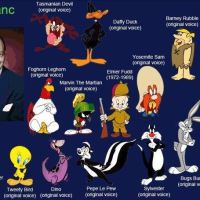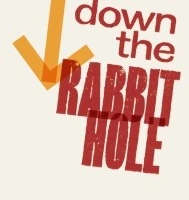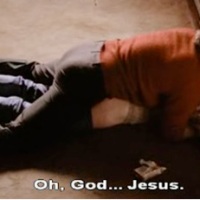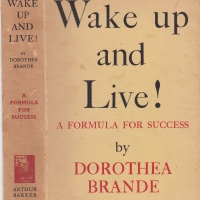THE MAGIC BOX by Rob Young (Faber & Faber, 2021)
Rob Young was brilliant at uncovering Britain’s visionary music in ‘Electric Eden’, a definitive study of folk music in the UK that took the reader/listener far away from the mainstream. He is less successful in attempting to apply similar insights into the nation’s visual memory bank.
A more academic approach to television history would have reflected upon innovative works of writers and directors such as Allan Clarke, Alan Bennett, Dennis Potter, David Leland, Ken Loach and Mike Leigh. Rob Young charts a less linear and more idiosyncratic course . The original works of Nigel Kneale are rightly feted but that doesn’t mean these more established names should have been excluded.
Surprisingly, there is also no mention of many of the many cult TV series I remember from the 1960s and 1970s like The Prisoner , The Champions , Adam Adamant Lives!, Doomwatch , Gangsters and Jason King . Nor does Young mention any of the long running soap operas and largely ignores comedy shows.
I understand that any study of the period must be subjective but it seems to me that Young’s viewpoint on British culture implies that ghost stories and folk horror were the dominant genres. The political background is for the most part peripheral as the emphasis is on his own memories and the idiosyncrasies of the British character.
TV output from the 1950s to the present provides such a rich source of material that it’s a pity Young chose also to spread his net even wider to include cult movies. In my view, he should have stuck to the small screen. A cinematic history of Britain belongs to a separate study.
At his best, Young shows that the weirdness that influenced the alternative music scene was matched by eccentric TV programming of the era . This transported unsuspecting viewers into strange and, often, scary territories. Many of the shows referred to were one-offs that have only recently resurfaced in all their ghostly glory on You Tube and other online sites.
This book is valuable for shedding light on these obscure dramas and documentaries but too many of these half-forgotten titles are merely listed and described rather than contextualised. The best section is entitled Divided Kingdom because he covers race, class and gender. These issues are essential to any deeper understanding of British multi-faceted cultural history.


 Since 2014, I have set and maintained a relatively modest reading target on ‘
Since 2014, I have set and maintained a relatively modest reading target on ‘ This is a long overdue, but slightly disappointing, study of the career and legacy of a remarkable and unique Krautrock band.
This is a long overdue, but slightly disappointing, study of the career and legacy of a remarkable and unique Krautrock band. Belbury is a fictional space but it’s easy to imagine it as a real English village or parish that is still stuck somewhere in the mid-1970s.
Belbury is a fictional space but it’s easy to imagine it as a real English village or parish that is still stuck somewhere in the mid-1970s. Irvine Welch’s superb novel was in sure hands for the transition to the big screen There’s a first rate cast which Boyle directs with real energy and dark humour to show the ups and downs of heroin addiction. Great music too, including Iggy’s Lust For Life and Underworld’s Born Slippy. The screenplay by John Hodge begins with one of the great ‘fuck the system’ monologues:
Irvine Welch’s superb novel was in sure hands for the transition to the big screen There’s a first rate cast which Boyle directs with real energy and dark humour to show the ups and downs of heroin addiction. Great music too, including Iggy’s Lust For Life and Underworld’s Born Slippy. The screenplay by John Hodge begins with one of the great ‘fuck the system’ monologues: Made before the first wave of British punk had played itself out this movie is, like the music that inspired it, crude and anarchic. Don’t even begin to look for any plot as this is impressionistic, instinctive cinema that sets its own rules. Adam Ant appears before he became a dandy highwayman and Jordan as punk ‘anti-historian’ Amyl Nitrite.
Made before the first wave of British punk had played itself out this movie is, like the music that inspired it, crude and anarchic. Don’t even begin to look for any plot as this is impressionistic, instinctive cinema that sets its own rules. Adam Ant appears before he became a dandy highwayman and Jordan as punk ‘anti-historian’ Amyl Nitrite. 





